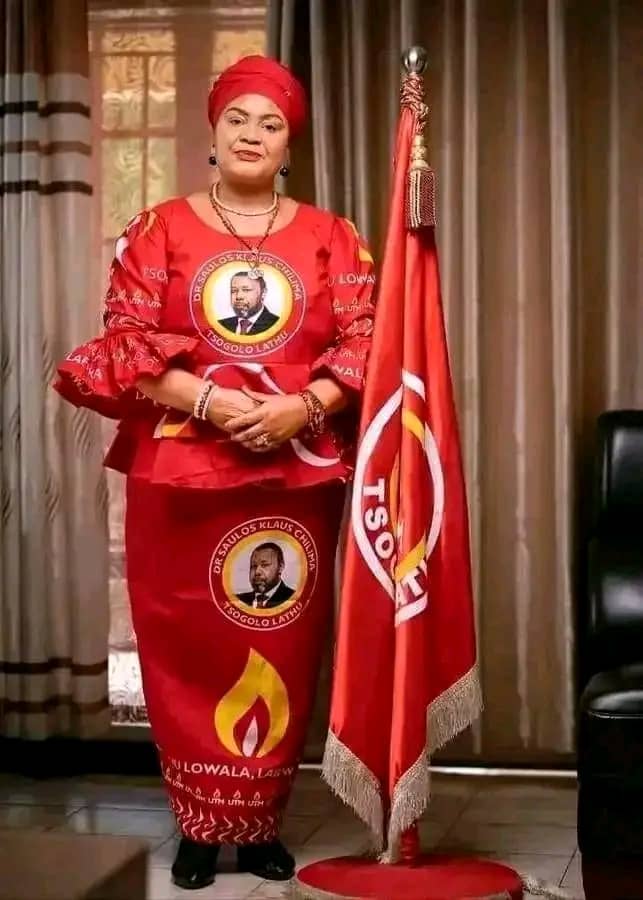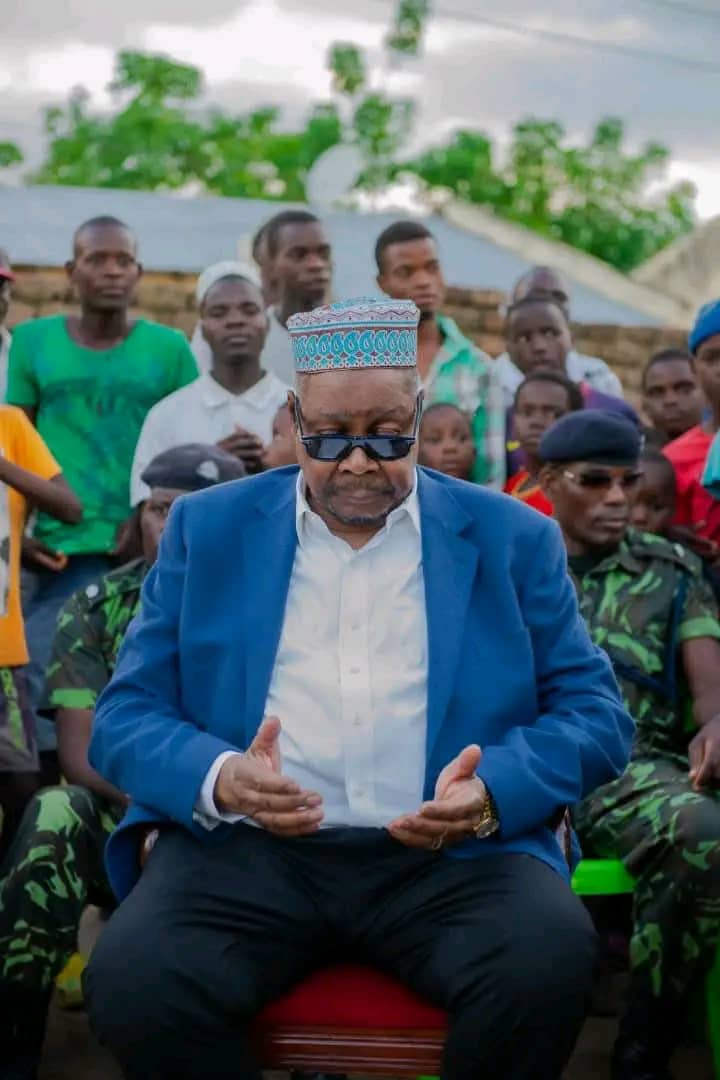By Burnett Munthali
The recent decision by Principal Resident Magistrate Rodrick Michongwe to grant bail to Dr. Patricia Kaliati, Secretary General of the United Transformation Movement (UTM), marks a significant moment in Malawi’s political and judicial landscape. This ruling is pivotal, not only for Dr. Kaliati and her party but also for the broader implications it holds for the Malawian judiciary and the political climate.
At the heart of this case lies the tension between state authority and individual rights. The state’s request to detain Dr. Kaliati for an additional seven days to continue investigations reflects a common practice in legal proceedings, particularly in politically sensitive situations. However, Magistrate Michongwe’s rejection of this request underscores a critical judicial principle: the presumption of innocence and the right to liberty. His ruling serves as a reminder that while the state must conduct thorough investigations, it cannot infringe upon the rights of individuals without substantial justification.
Dr. Kaliati is a prominent figure in Malawi’s political scene, known for her advocacy for reform and social justice. Her release on bail not only restores her freedom but also highlights the importance of political figures in shaping public discourse and policy. This ruling is likely to energize her supporters within the UTM, who view her as a symbol of resilience against perceived political persecution. It may also galvanize broader public interest in the issues she champions, particularly in an environment where political tensions and accusations are prevalent.
Moreover, this development raises essential questions about the integrity and independence of Malawi’s judiciary. As political cases continue to emerge, the judiciary is faced with the challenge of maintaining impartiality while navigating the pressures from both the state and public sentiment. The ruling by Michongwe may be seen as an affirmation of judicial independence, reinforcing the idea that the legal system should protect the rights of the accused, especially in cases where political implications are at play.
The conditions attached to Dr. Kaliati’s bail, which typically include surrendering travel documents and regular reporting, indicate that while her freedom is restored, the judicial system remains vigilant about potential risks associated with her case. This balance between individual rights and state interests will be critical as the situation unfolds.
In conclusion, the granting of bail to Dr. Patricia Kaliati is a noteworthy development that not only impacts her personally but also has broader implications for Malawi’s political and judicial landscape. It serves as a crucial test of the judicial system’s commitment to upholding constitutional rights amidst politically charged circumstances. As the situation develops, observers will be keenly watching how this case influences the ongoing discourse on governance, justice, and political accountability in Malawi.




